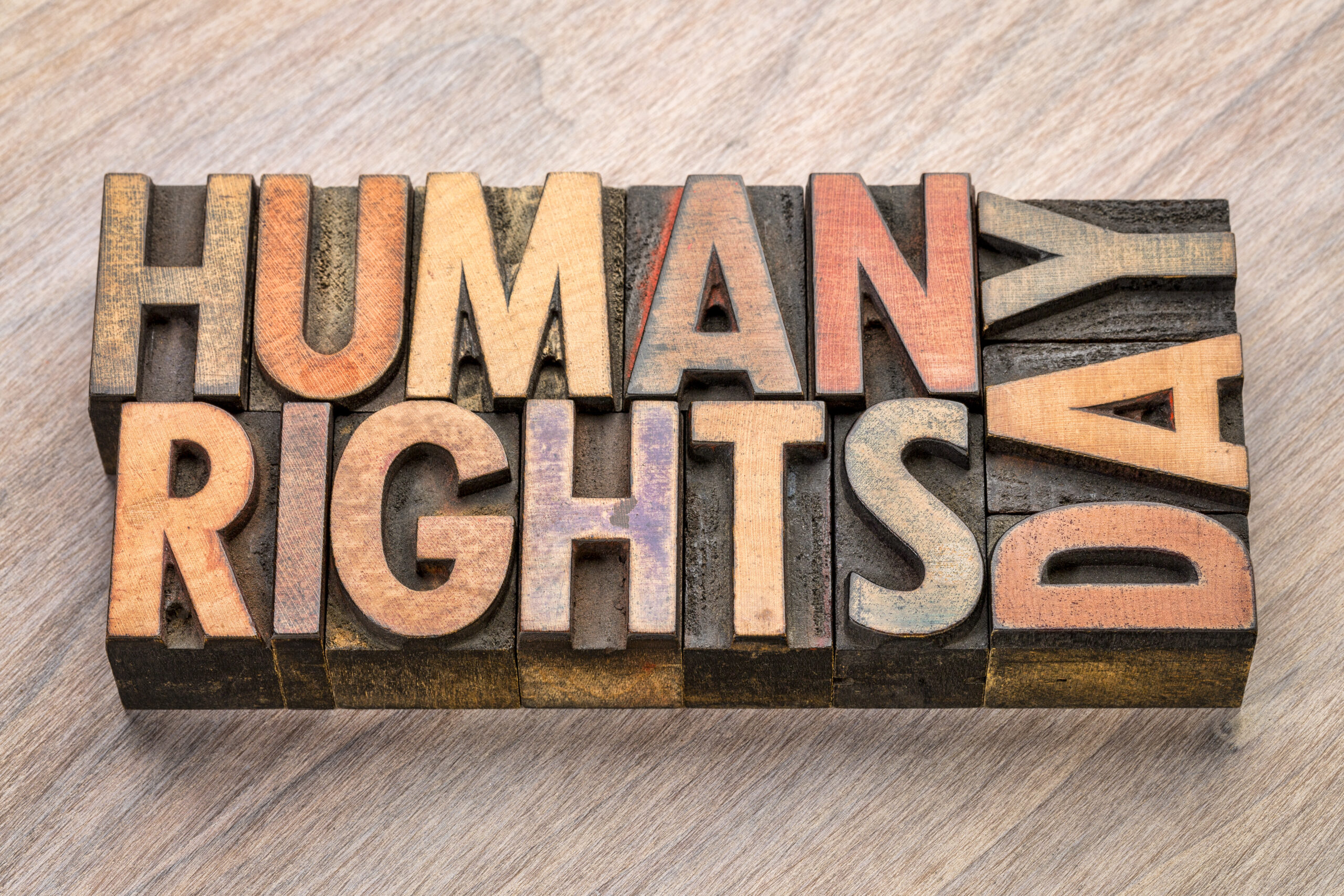ASTANA – Kazakhstan commemorates International Human Rights Day on Dec. 10, emphasizing the importance of human rights as a transformative force in addressing societal challenges. The day also marked 76 years since the adoption of the Universal Declaration of Human Rights in 1948. This landmark document unites people worldwide, transcending nationality, status, and other affiliations, embodying universal values forged in the aftermath of two world wars.

Photo credit: Shutterstock
Muslim Khassenov, an associate professor at Maqsut Narikbayev University and ombudsperson for young scholars at Kazakhstan’s National Academy of Sciences, emphasized the importance of developing legal mechanisms based on the declaration’s principles through specific guarantees and standards.
Advancing human rights with a new Action Plan
President Kassym-Jomart Tokayev underscored Kazakhstan’s commitment to human rights by approving a new Action Plan on Human Rights and the Rule of Law in December 2023, alongside draft legislative amendments to the women’s rights and child safety legislation.
This third package of measures includes 41 initiatives—significantly more than the 26 and 27 measures in the first two plans.
“The key difference with this plan lies in its status. While the previous two plans were approved by the government on behalf of the President, this one was directly approved by the President himself,” Khassenov told The Astana Times. “The new plan dedicated 27% of its measures to gender equality and combating domestic violence, 27% to criminal justice reform, and 22% to freedom of association.”
On April 15 Tokayev signed laws amending penalties for violence against women and children. The law aims to enhance the legal, economic, social, institutional, and organizational foundations for state policy on women’s and children’s safety.
Khassenov underscored the importance of the new measures in fostering a safe society by ensuring accountability and punishment for violent offenses, bolstering family structures, and providing robust support for victims of domestic and other forms of violence.
“This is a major achievement of civil society, including human rights defenders, activists, and NGOs, who have long advocated for these measures. Scientists also played a crucial role, offering evidence-based justification for criminalization by analyzing law enforcement practices and international experience. Equally important were the efforts of Parliament members and the Commissioner for Children’s Rights, who diligently defended each provision before the government and parliamentary working groups” said Khassenov.
He described the new laws as systemic, encompassing provisions not only to suppress violent offenses but also to establish a comprehensive framework for preventing violence and protecting individuals and families facing difficult circumstances.
Building safe and inclusive communities
Kazakhstan continues to address broader social issues through forward-looking initiatives. The country has adopted the Concept of Safe Labor through 2030, a policy designed to prevent and eliminate occupational risks while providing social support for long-term workers in hazardous conditions.
The concept outlines four key areas for developing the national occupational safety management system: modernizing safety systems using a risk-based approach, introducing economic incentives to reduce workplace risks, enhancing professional competencies and scientific capacity, and improving control and monitoring in occupational safety.
In October, Kazakhstan also unveiled a draft Concept of an Inclusive Policy through 2030, aimed at integrating people with disabilities into society. The draft incorporates international recommendations, expert opinions, and input from individuals with disabilities. It includes measures to improve quality of life and ensure equal rights for all citizens.
During a public hearing on the draft Concept, Zahira Begaliyeva, an advisor to the Minister of Labor and Social Protection on disability issues, said extensive studies were conducted to identify the main challenges faced by people with disabilities and to outline strategies for fostering an inclusive society.
The draft Concept proposes legal amendments to eliminate discrimination, involving all state agencies in its implementation.
“The key innovation of the draft Concept is transitioning from a medical and social model of disability to a social and human rights model. This approach focuses on identifying and removing barriers that limit the full exercise of rights and freedoms for persons with disabilities,” said Askarbek Yertayev, the Vice Minister of Labor and Social Protection.
